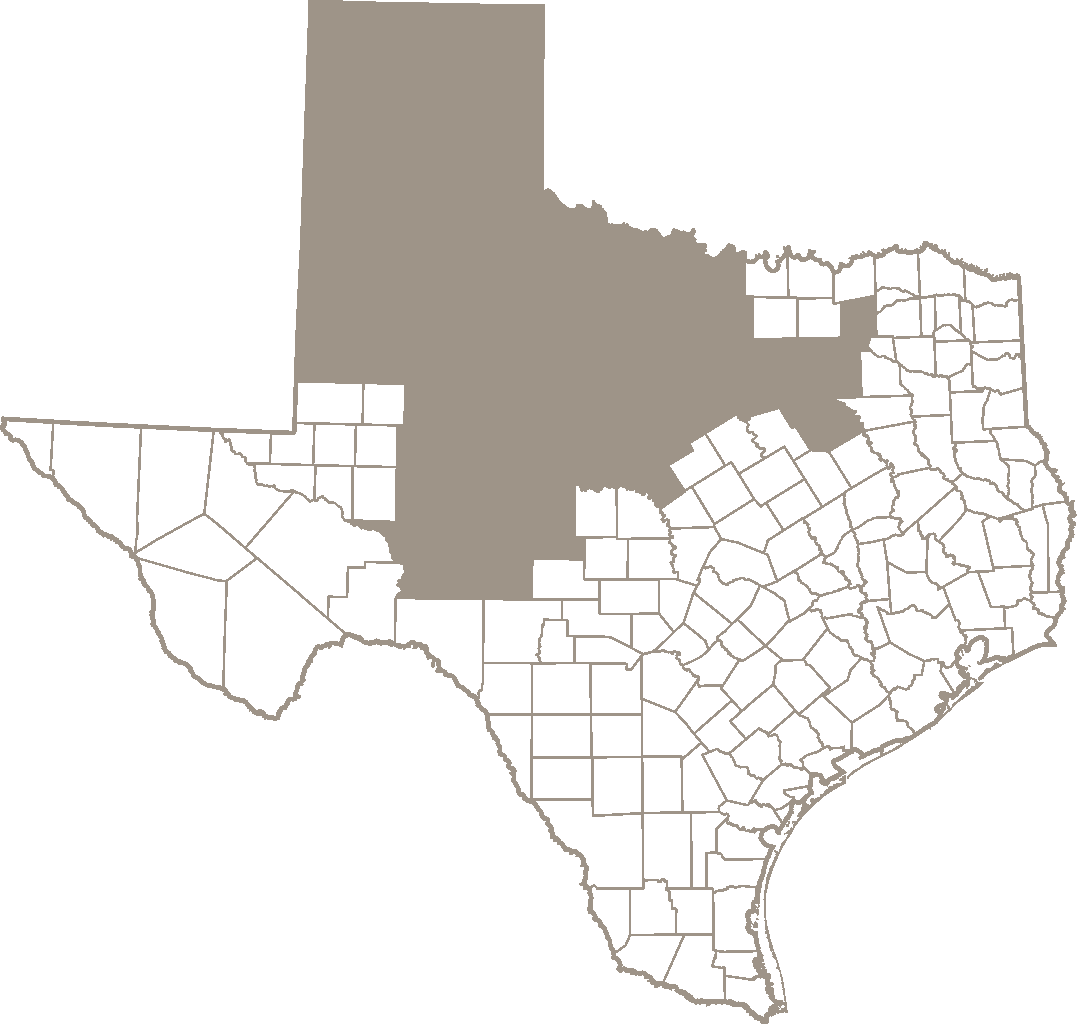The following outlines the basic steps of a federal criminal case. A notation of where each step is addressed in the Federal Rules of Criminal Procedure or the United States Code is also included, if appropriate.
- Charge - complaint, information or indictment - (Rules 3 & 7, Fed. R. Crim. P.)
- Arrest or Summons - (Rule 4, Fed. R. Crim. P.)
- Appearance Before a U.S. Magistrate Judge - (Rule 5, Fed. R. Crim. P.)
- Probable Cause Hearing - if no indictment - (Rule 5.1, Fed. R. Crim. P.)
- Bond/Detention Decision - (18 U.S.C. §3142)
- Detention Hearing - (18 U.S.C. §3142(e)(f)(g))
- Arraignment - (Rule 10, Fed. R. Crim. P.)
- Motions/Subpoenas/Discovery Phase - (Rules 12 - 17, Fed. R. Crim. P.)
- Motions Hearing - rare
- Pretrial Conference - (Rule 17.1, Fed. R. Crim. P.)
- Rearraignment, Guilty Plea/Trial - not guilty plea - (Rule 11, 23 - 31, Fed. R. Crim. P.)
- Motion for New Trial - (Rule 33, Fed. R. Crim. P.)
- Presentence Report Interview
- Presentence Report - 14 day mandatory response time - (Rule 32, Fed. R. Crim. P.)
- Presentence Report Addendum - (Rule 32, Fed. R. Crim. P.)
- Presentence Report Addendum Objections - (Rule 32, Fed. R. Crim. P.)
- Sentencing - (Rule 32, Fed. R. Crim. P.)
- Self-Reporting
- Probation/Supervised Release Proceedings - (Rule 32.1)
- Appeal - 10 days from date of entry of judgment - (Rule 4(b), Fed. R. App. P.)
- Certiorari Petition (Rules of the Supreme Court, Part III)
- Post Conviction Motions - (28 U.S.C. §2255 and Rules Governing §2255 Proceedings)
- Presidential Pardon

